Hispanic Heritage Month: Hermanas Unidas present during Community Connections
Photo credit: Hermanas Unidas
On Wednesday, Oct. 6 Hermanas Unidas presented during Upper School Community Connections. The affinity club introduced their executive board, mission statement and theme of the year. They also spotlighted members of the community in honor of Hispanic Heritage Month which lasts from Sept. 15 to Oct. 15.
October 10, 2021
As Hispanic Heritage Month comes to a close on Oct. 15, affinity club Hermanas Unidas presented during Upper School Community Connections on Wednesday, Oct. 6 spotlighting diversity within the Hispanic community. Hermanas Unidas shared their two-fold mission statement: “to educate about Latinx cultures and issues affecting our communities” as well as to provide “a space for Latinas and allies to embrace Latinx identities.”
Every year, Hermanas Unidas chooses a theme that underscores its goals and mission statement to implement in their work. This year’s theme is “diversidad, equidad and inclusividad,” which translates to diversity, equity and inclusion. As a preview of the club’s theme, the presentation focused on Latin American diversity within the halls of Archer. Their presentation consisted of interviews from teachers and students, showcasing each person’s unique culture and background.
“I feel like a lot of people don’t know the difference between Hispanic and Latinx, and they are often used interchangeably without regard to their definitions,” senior and executive board member Andrea Ramirez said. “Hispanic refers to people from Latin American Spanish-speaking countries, while Latine is about geography pertaining to Latin and Central America.”
Ramirez continued her descriptions, stating that someone might be Hispanic, but not Latinx, in the case of a country like Spain. Spain is a Spanish-speaking country, and therefore one could describe themselves as Hispanic, but Spain’s geography does not lie within Latin America.
According to a survey conducted by Pew Research Center, “A majority (51%) say they most often identify themselves by their family’s country of origin…that includes such terms as ‘Mexican’ or ‘Cuban’ or ‘Dominican’; just 24% say they prefer a pan-ethnic label.”
Senior Naiobi Benjamin is also on the executive board of Hermanas Unidas, along with seven other students. Benjamin shared that she is part Panamanian, and she has recently connected with her culture through dishes natives to Panama, such as arroz con gandules.
Junior Karen Garcia shared a similar love for food, expressing that her family’s hometown in Oaxaca, Mexico, is known for its seven different types of mole. According to their slideshow, mole means “sauce” in Nahuatl, a language spoken by peoples native to southern Mexico and Central America. The seven moles specific to Oaxaca include negro, rojo, coloradito, amarillo, verde, chichilo and manchamantel.
One of the most prominent celebrations in Cuba occurs on Dec. 31. Similar to Garcia and Benjamin, food is a large part of Cuba’s culture. World language teacher Odalmis Molina shared that one New Year’s Eve tradition includes roasting a whole pig on an outdoor spit.
“At night, close to 12:00 a.m., we have dinner together and we just hug each other and cry and we have a very beautiful moment with the family,” Molina said. “This is the most important tradition from Cuba that I really, really love.”
The club rounded out their presentation with a comprehensive list of how others can support and be allies to Hispanic and Latinx communities.
“I think it’s really important for the community to be celebrating and recognizing Hispanic culture all year round, not just during the month,” Ramirez said. “Being Hispanic is a lifelong experience and a lifelong conversation, so I think that we need to be encouraging communication on the topic more frequently.”
For those interested in podcasts, Hermanas Unidas recommended NPR’s Code Switch, Latinx Like Me and Latinx Intelligentsia. NPR also has a Latinx radio station, Alt.Latine, featuring a playlist on Spotify that is updated weekly featuring Latin alternative and Spanish rock music.
Hermanas Unidas also encouraged the community to support Hispanic-owned organizations and businesses, read books and watch movies about and by Latinx creators.

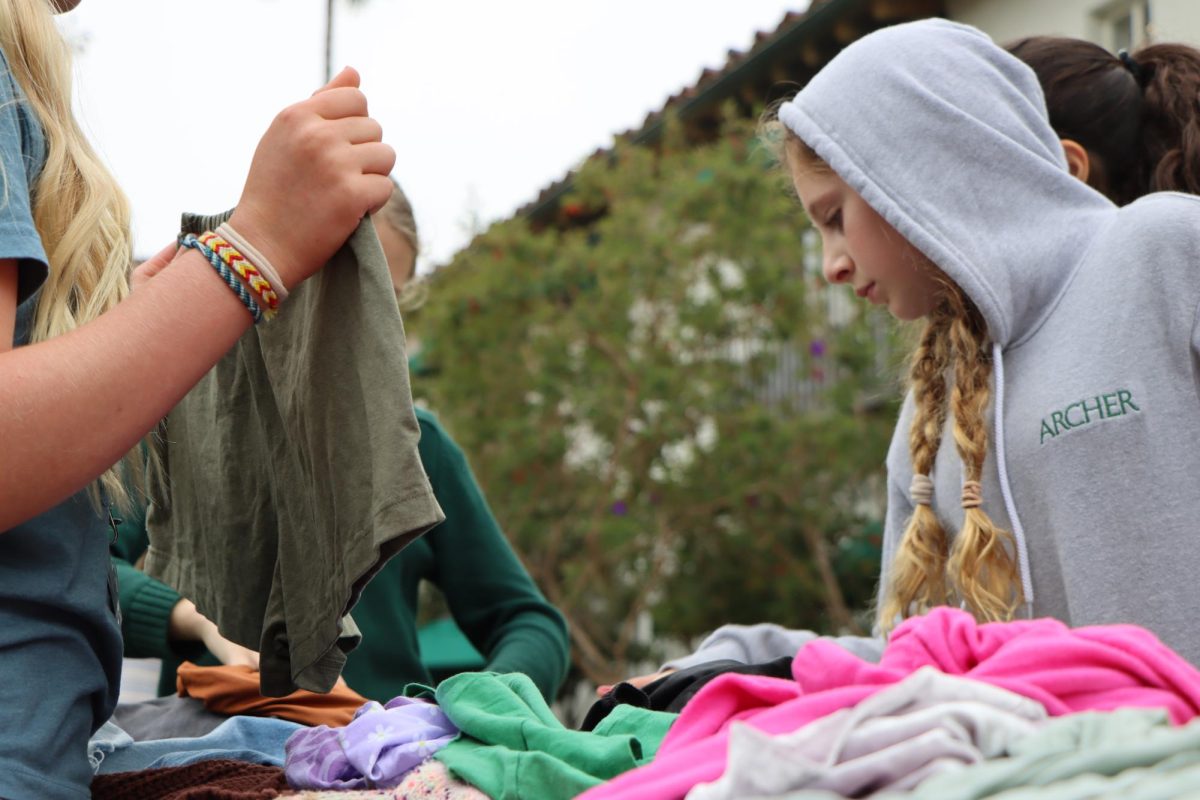
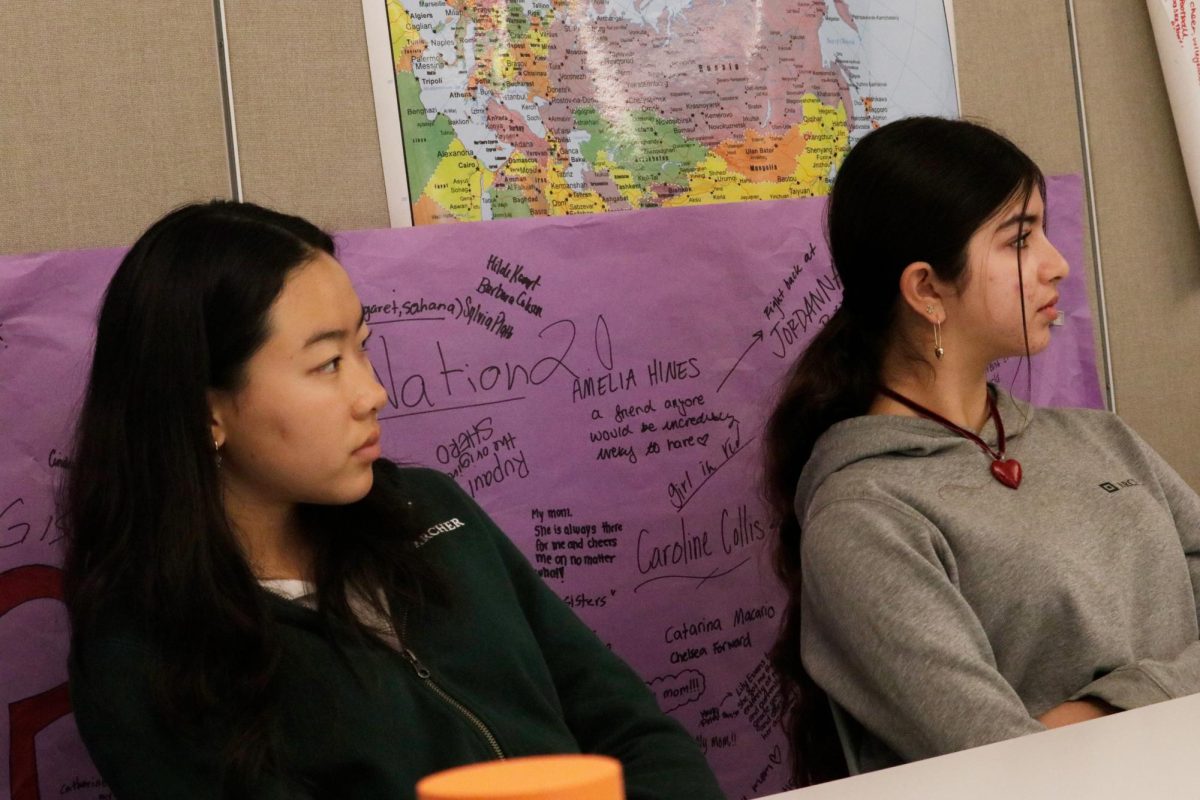
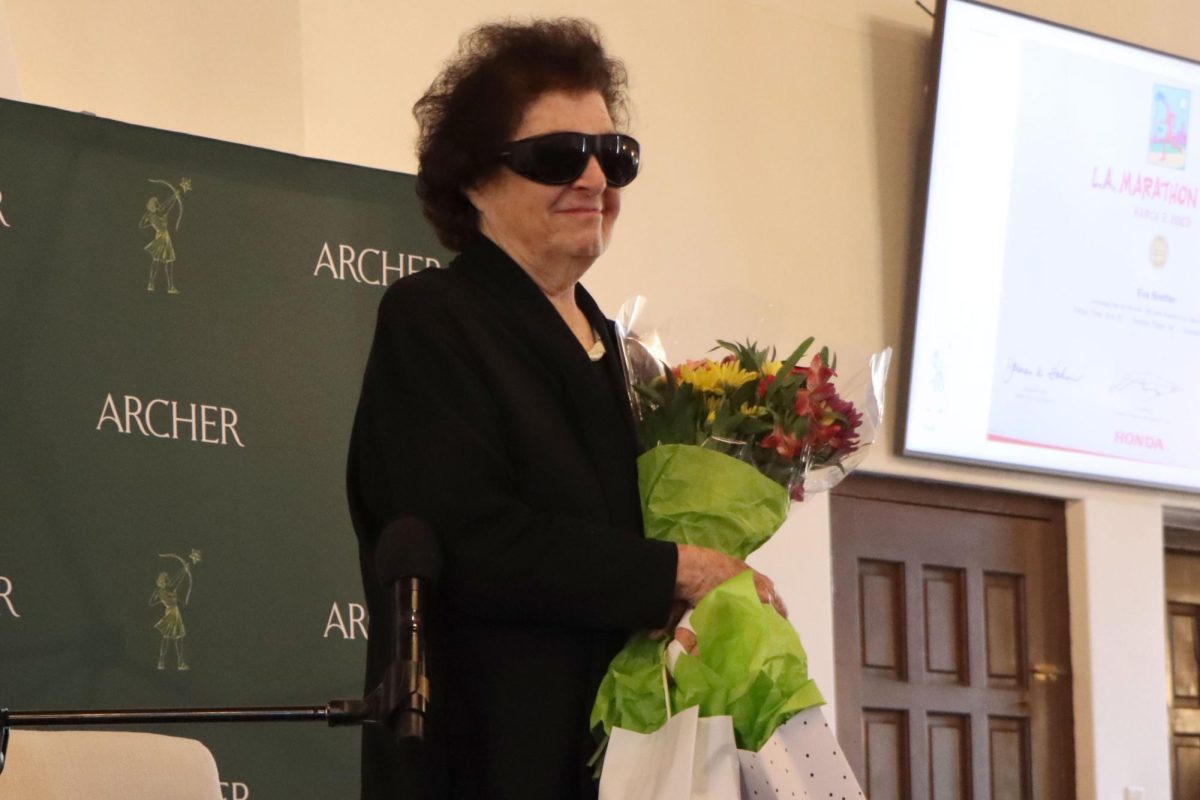
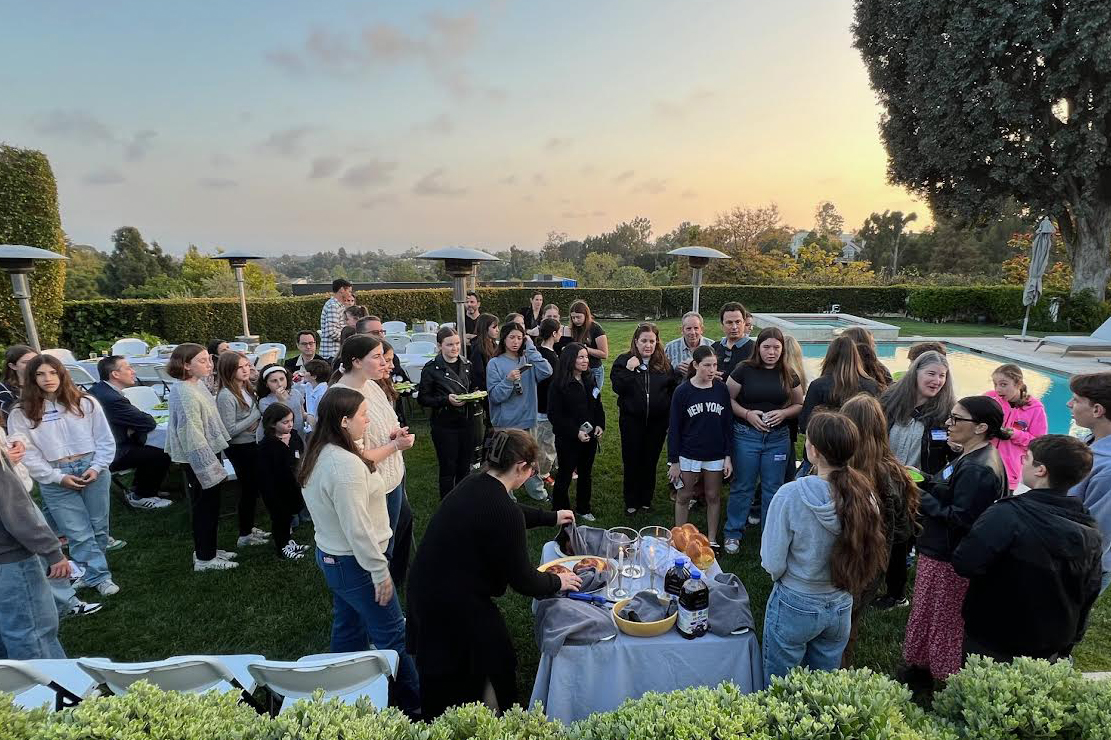






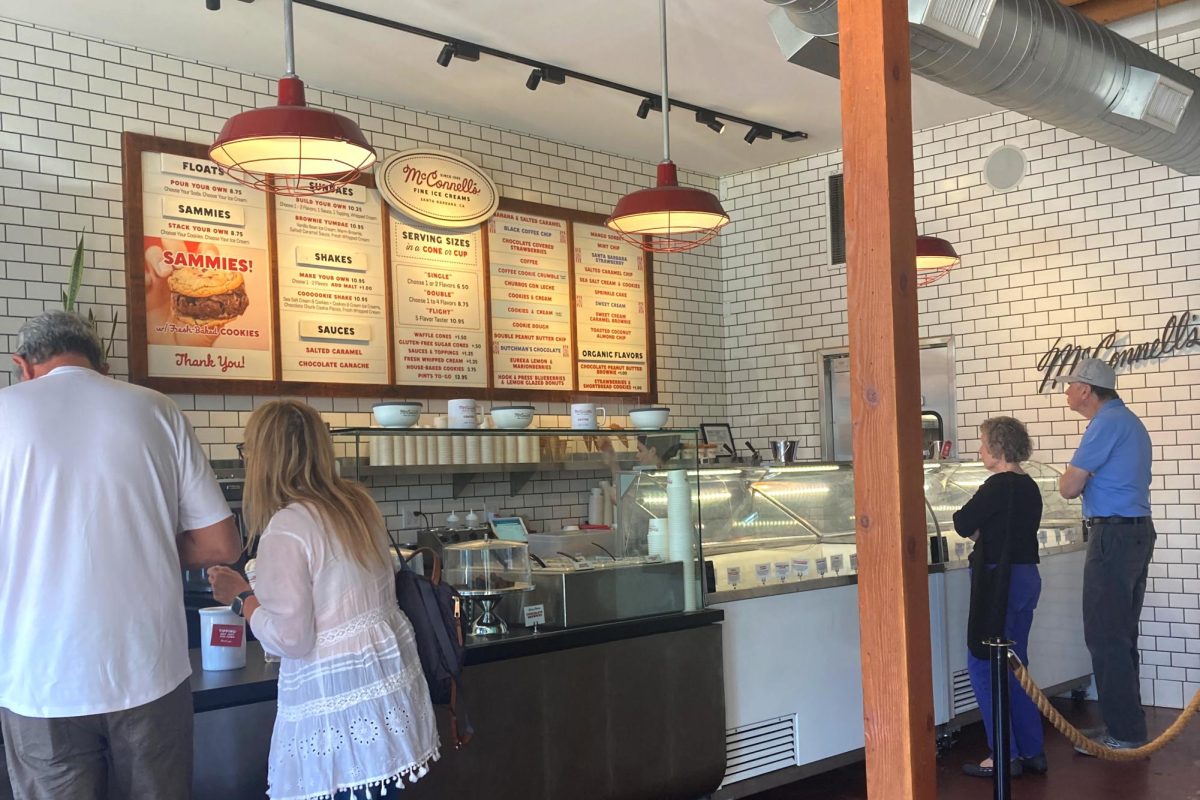
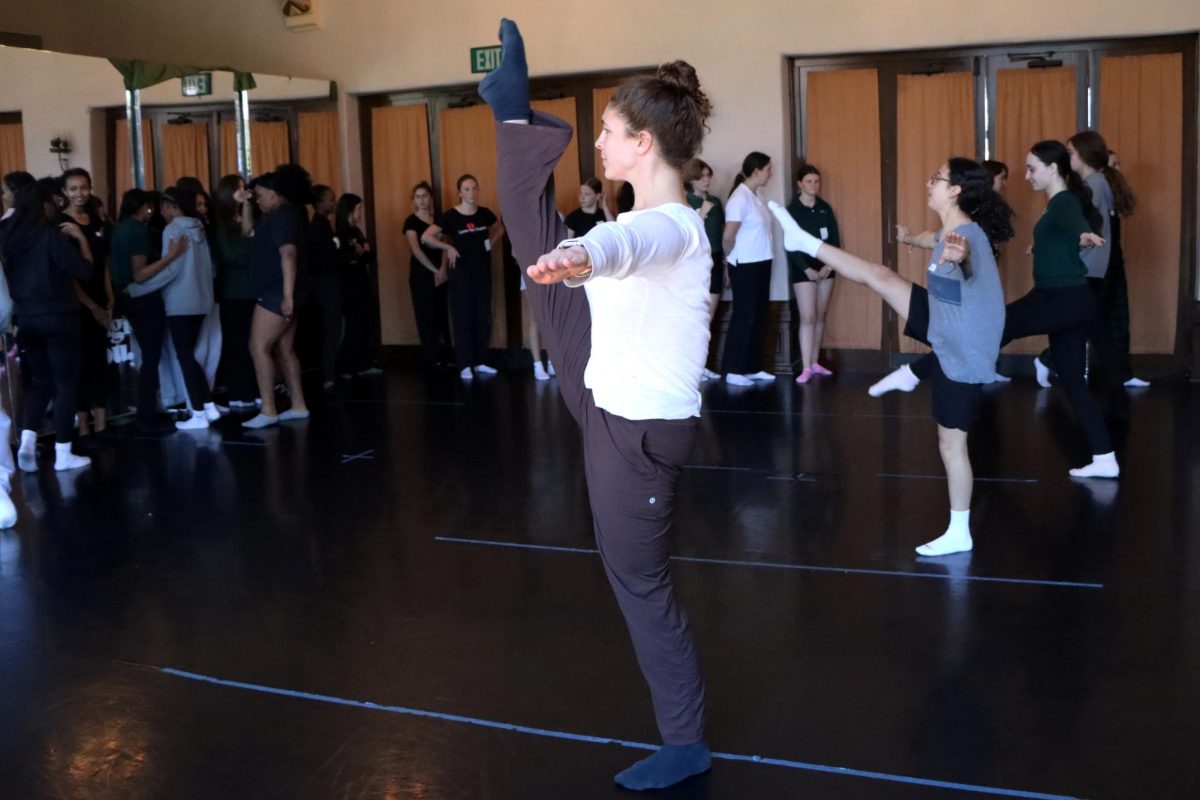














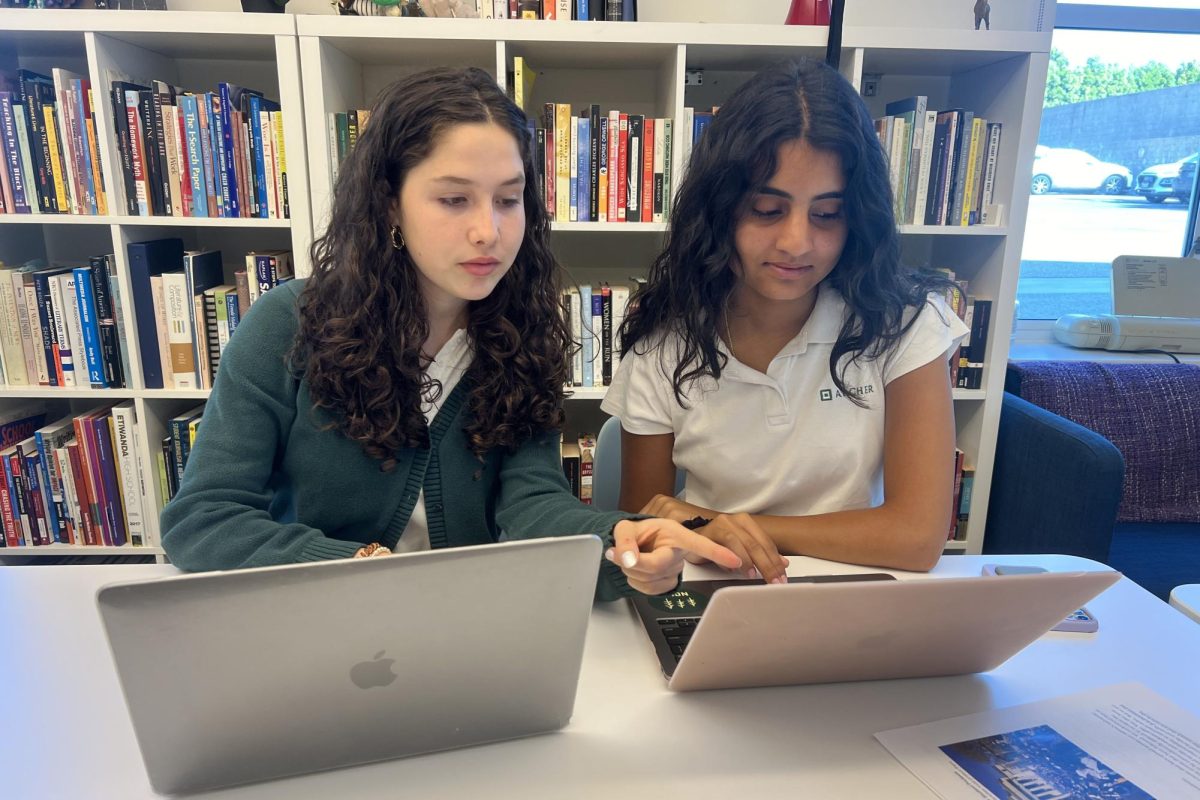

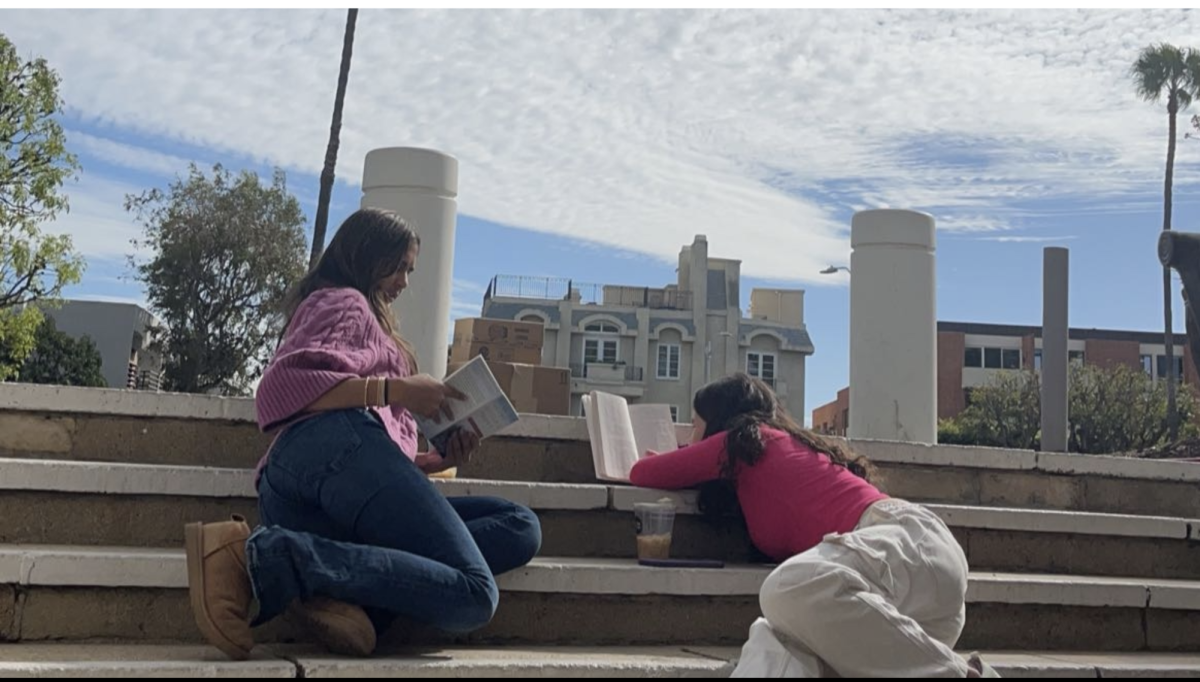

























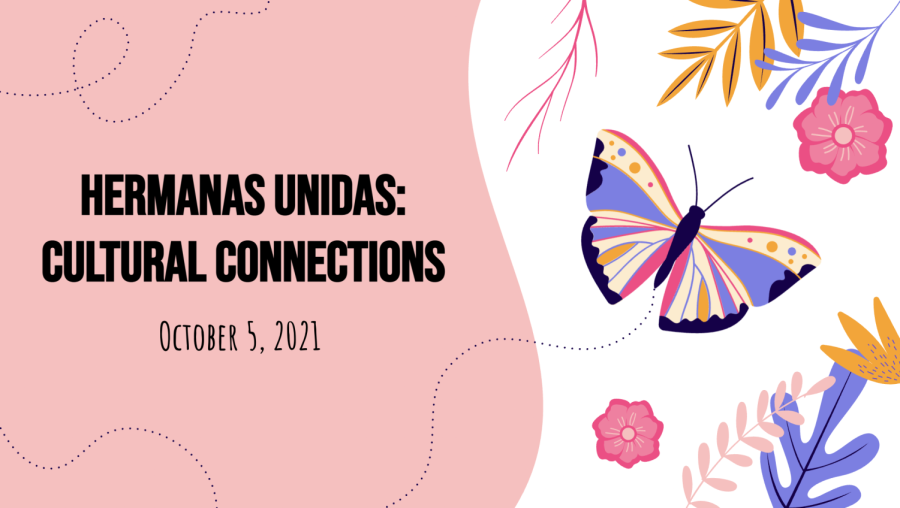






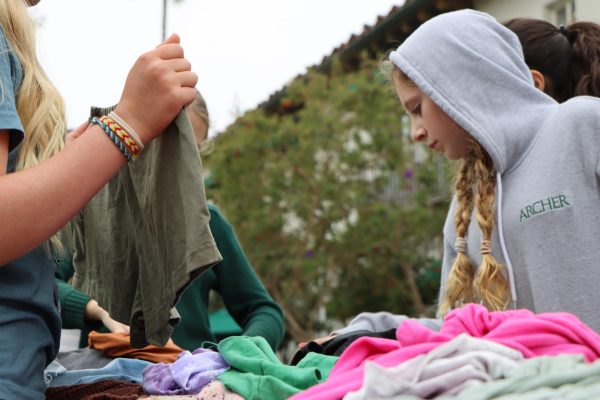

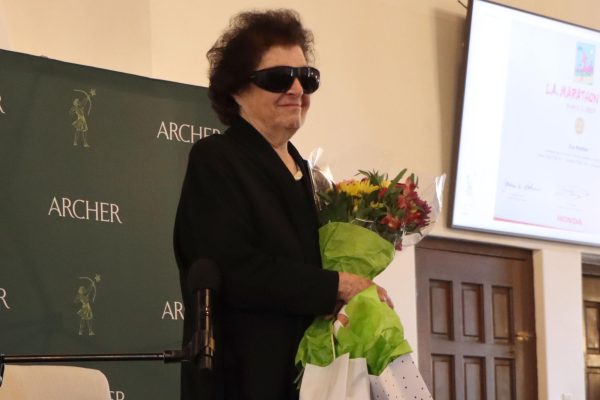
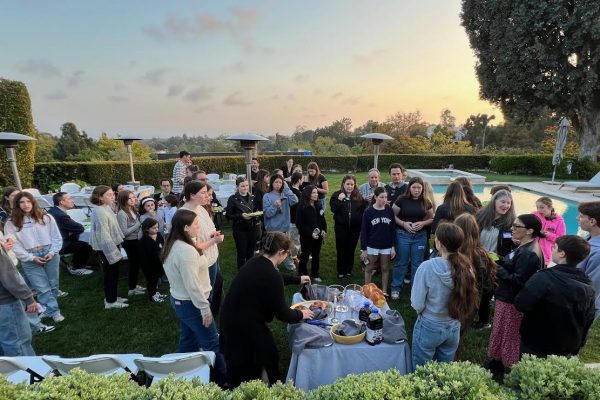



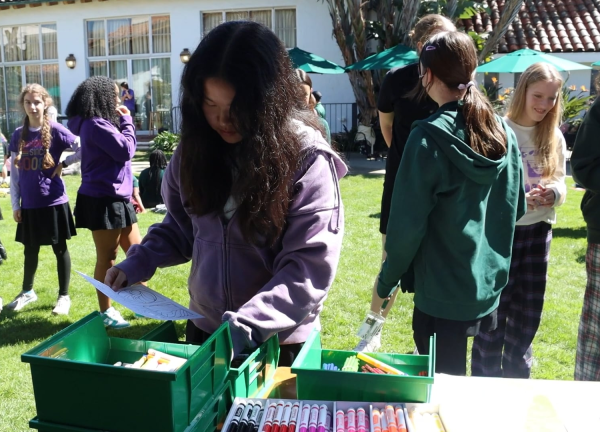
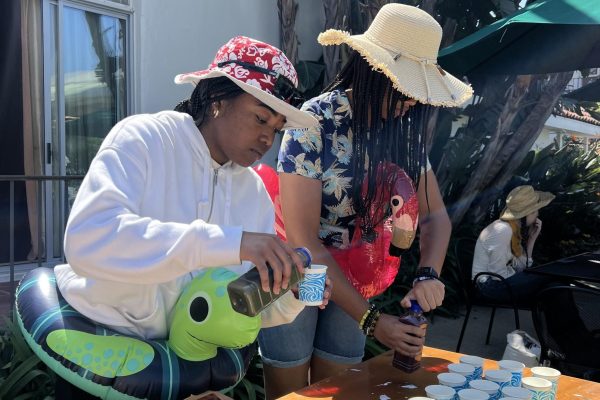
![Freshman Milan Earl and sophomore Lucy Kaplan sit with their grandparents at Archer’s annual Grandparents and Special Friends Day Friday, March 15. The event took place over three 75-minute sessions. “[I hope my grandparents] gain an understanding about what I do, Kaplan said, because I know they ask a lot of questions and can sort of see what I do in school and what the experience is like to be here.](https://archeroracle.org/wp-content/uploads/2024/03/grandparents-day-option-2-600x400.jpg)